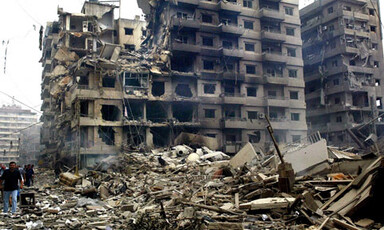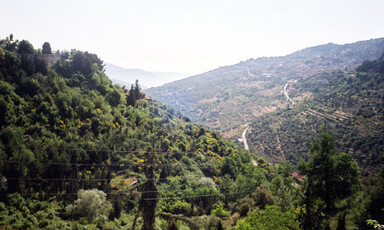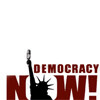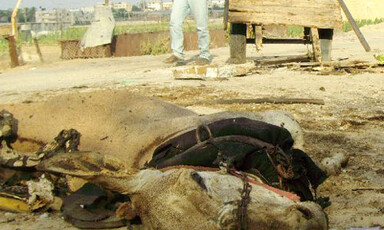
One week of war: Every decision is a gamble
Beirut 23 July 2006
I turned on the radio in the kitchen to listen to ‘Sawt al Shaab,’ the communist station that provides updates on the situation, interspersed with nationalist music. Fairuz came in over the static, singing about what a wonderful place Lebanon is. All of a sudden her voice cracks with static and morphs into the robotic voice of a man speaking Hebrew-accented Arabic. It is the same recording that my aunt heard on the phone at 4 am. I jiggle the antenna, trying to get away from his creepy pronouncements but there is no escape. I turn off the radio and leave the kitchen. Read more about One week of war: Every decision is a gamble








